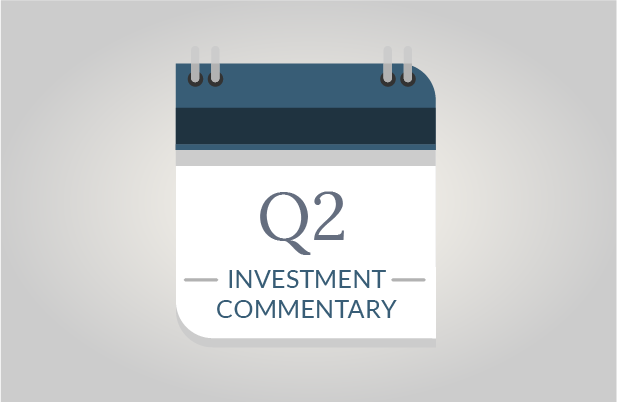Hopefully you’ve already filed your taxes or are in the process of doing so. While it’s always important to review your tax return every year, it’s particularly important in 2019, given last year’s tax changes. Your 2018 tax return holds the answer about whether you benefited or lost out under the new tax legislation. It also offers insights into whether you’re on track for 2019, tax-wise. Considering that we’re already more than a quarter of the way through the new tax year, don’t wait any longer. Here’s what you need to know now about your taxes.
Were You Banking On A Tax Refund?
Tax reform came with a lot of hype about lower tax brackets that were intended to reduce tax liabilities for the vast majority of tax payers. As a result, many taxpayers plodded through the year, expecting – and perhaps even banking – on a tax refund come 2019.
If you expected a refund and didn’t get one, here are the most likely reasons why:
Your Withholdings Were Already Adjusted
Most payroll systems adjusted tax withholdings downward at the beginning of 2018. This means you might already have enjoyed any tax relief in each one of your pay checks last year.
You Lost Too Many Deductions
Some of the biggest changes in last year’s tax reform related to itemized deductions, including limitations on state and local taxes (SALT). If you lost too many deductions, you could end up owing more in taxes.
Banking on a tax refund is always unwise, but especially in a year when tax laws were in such flux. If this was your strategy, now’s the time to make changes, so that you’re on solid footing for 2019.
Did You Get A Tax Refund?
If you expected and received a tax refund, consider one of the following four strategies:
Save It
Use your tax refund to augment your emergency fund. Better yet, if your emergency fund’s fully funded, use your tax refund to bolster your investment savings, focusing on long-term saving objectives like retirement.
Pay Off Debt
That said, if you have credit card or home equity loan balances, paying off that debt might be the wisest strategy for a tax refund.
Adjust Your Withholdings
If you expected and received a tax refund, you’re paying too much tax. Consider reducing your withholdings now versus waiting for another refund next year.
Begin Automatically Saving
Use extra cash from withholding adjustments to begin saving automatically into your retirement plan, a savings account, or an investment account. Saving just $20 a week adds up to more than $1,000 over a year!
Did You Owe Money?
If your tax return resulted in a tax liability, then it’s time to re-evaluate this year’s tax strategy to avert any negative surprises this time next year. If your income in 2019 is projected to be consistent with last year’s, then you should either increase your payroll withholdings or make estimated tax payments.
How Did Your Taxes Change From 2017?
Regardless of whether you received a refund or owed taxes, everyone should compare their taxes from 2017 to 2018. This will help you better understand how tax reform affects you and how to plan for the future. For most people, changes in your taxes will result from one or a combination of the following:
- Lower itemized deductions.
- Lower tax rates.
- Variation in your earned income.
- Loss of Alternative Minimum Tax liability.
Might Your Income Differ In 2019?
Once you understand why your taxes changed from 2017 to 2018, you can begin planning for 2019. A key question to ask yourself now, and again before year-end, is if your income will differ this year:
- Will your earnings be higher or lower, or might they fluctuate?
- Are there anticipated changes in your investment income?
- Might you have variations in itemized deductions e.g., from paying off your mortgage, changes in your charitable deductions, or other?
Whatever the reason, make sure your withholdings and estimated tax payments are adjusted accordingly.
If You’re On Extension
Finally, this is a critical year not to procrastinate. If you file an extension, you technically have until October 15th to finalize your 2018 taxes. However, waiting this long to figure out how tax reform has impacted you thus far could put you in jeopardy for 2019 as well. Even if you plan to file in October, we strongly encourage you to get as far along as possible in your 2018 tax preparation now, so that you can benefit from any insights and have time to navigate, plan, and adjust for your 2019 taxes.
SageVest Wealth Management actively engages with clients and their tax preparers to identify tax planning strategies. This is just one of the many services encompassed within our wealth management structure. Please contact us to learn more about how we can enhance your financial preparedness for taxes, retirement, and more.




